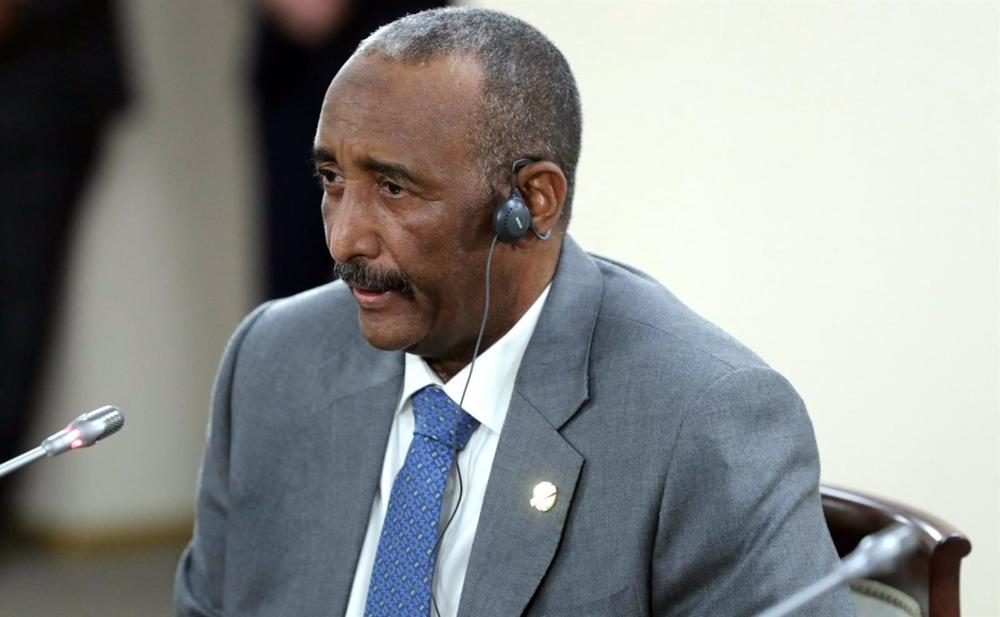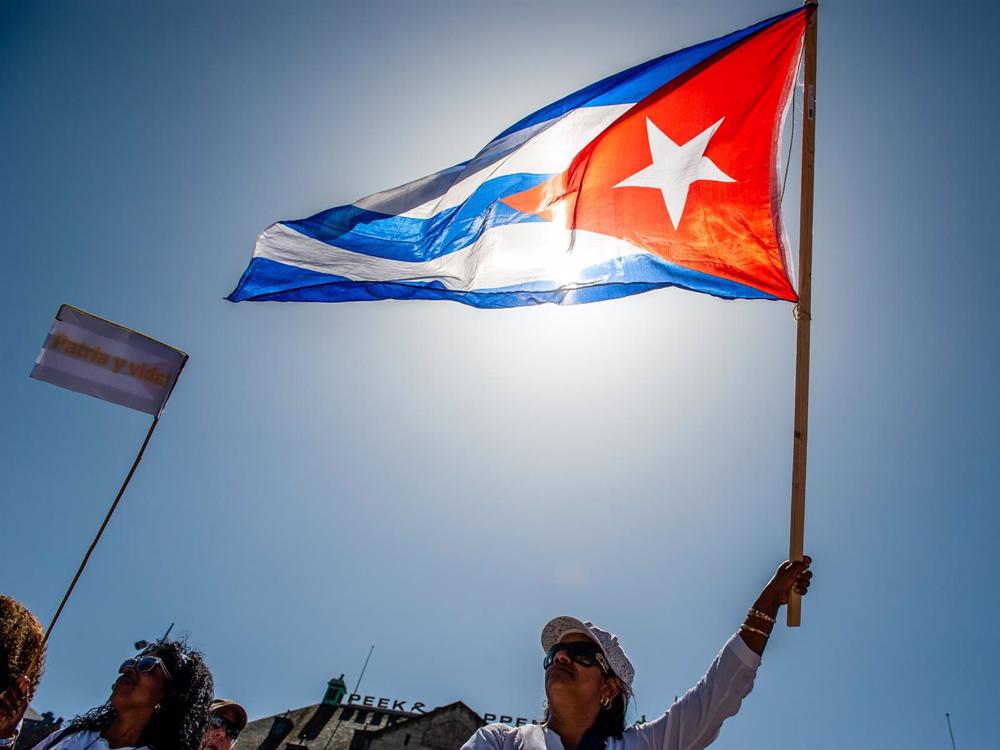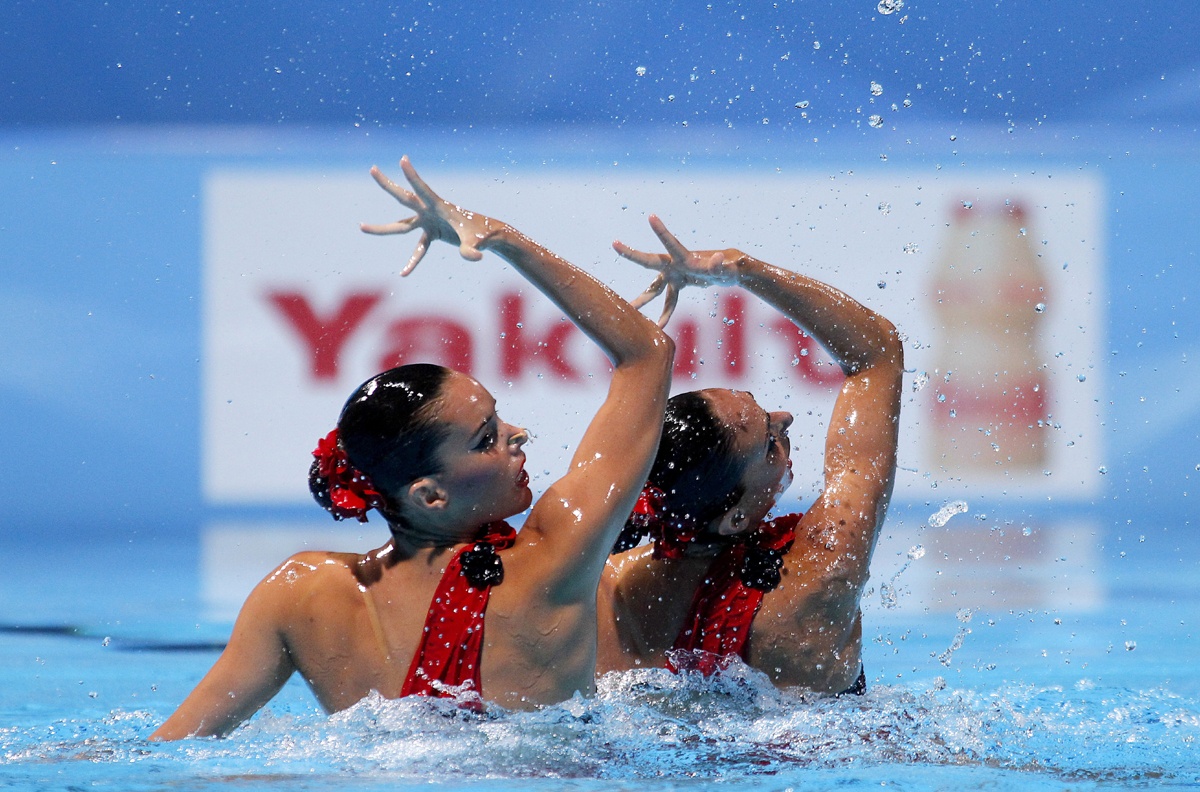
Sudanese authorities have released a prominent member of the suspended Empowerment Elimination Committee and a retired policeman in charge of implementing the decisions of this body, part of the transitional structure set up after the 2019 coup against Omar Hassan al-Bashir dismantled following the 2021 Abdelfatah al-Burhan-led uprising.
According to information gathered by the Sudanese news portal Sudan Tribune, those released are Uagdi Sali, arrested in October after surrendering to the Police after the Prosecutor’s Office issued a warrant for his arrest following a complaint filed by the Ministry of Finance, and Abdullah Suleiman.
Mahmud al Shazali, Sali’s lawyer, has detailed that «the Prosecution has approved his release on bail in two cases following an order from the Attorney General», in view of the signing this Monday of a ‘framework agreement’ for the transition between the military and the civilian coalition Forces for Freedom and Change (FFC), one of the main groups behind the demonstrations that ended with the departure from power of Al Bashir.
The FFC had called for the creation of a suitable environment for the signing of this agreement, including the release of detainees, although Sali’s party, Ba’ath, has rejected the pact and refuses to participate in the signing ceremony. In this regard, Sali has refused to sign any agreement that legitimizes the Al Burhan coup, which toppled the transitional prime minister, Abdullah Hamdok.
«I am a son of this people and their aspirations and I will never deviate from them. The revolution continues and we will continue to move forward, no matter the sacrifices,» said Sali, who was part at the time of his arrest of the Committee for the Elimination of Empowerment, dissolved by Al Burhan and created to confiscate properties of people close to the Al Bashir regime.
Despite the fact that Hamdok, arrested after the uprising, returned to office in November 2021 following an agreement signed with Al Burhan amid international pressure, he finally stepped down after denouncing the bloody repression of anti-coup demonstrations in the African country, which deepened the political crisis in Sudan.
Finally, Al Burhan announced in July that he was stepping aside to allow civilian parties and organizations to agree on a new government. He assured that the army would not participate in the negotiations sponsored by the tripartite mechanism – composed of the United Nations Integrated Transition Assistance Mission in Sudan (UNITAMS), the African Union (AU) and the Intergovernmental Authority on Development (IGAD) – and urged the political forces to promote «serious dialogue immediately» to «restore the unity of the Sudanese people».
The FFC indicated after announcing the pact on the ‘framework agreement’ that after its signature, it will proceed to negotiate «several pending points» with the participation of all the actors interested in elaborating a transitional Constitution. The signatories are to develop four documents on accountability and transitional justice, dismantling of the old regime, review of the Juba peace agreement with various rebel groups and security reform.






